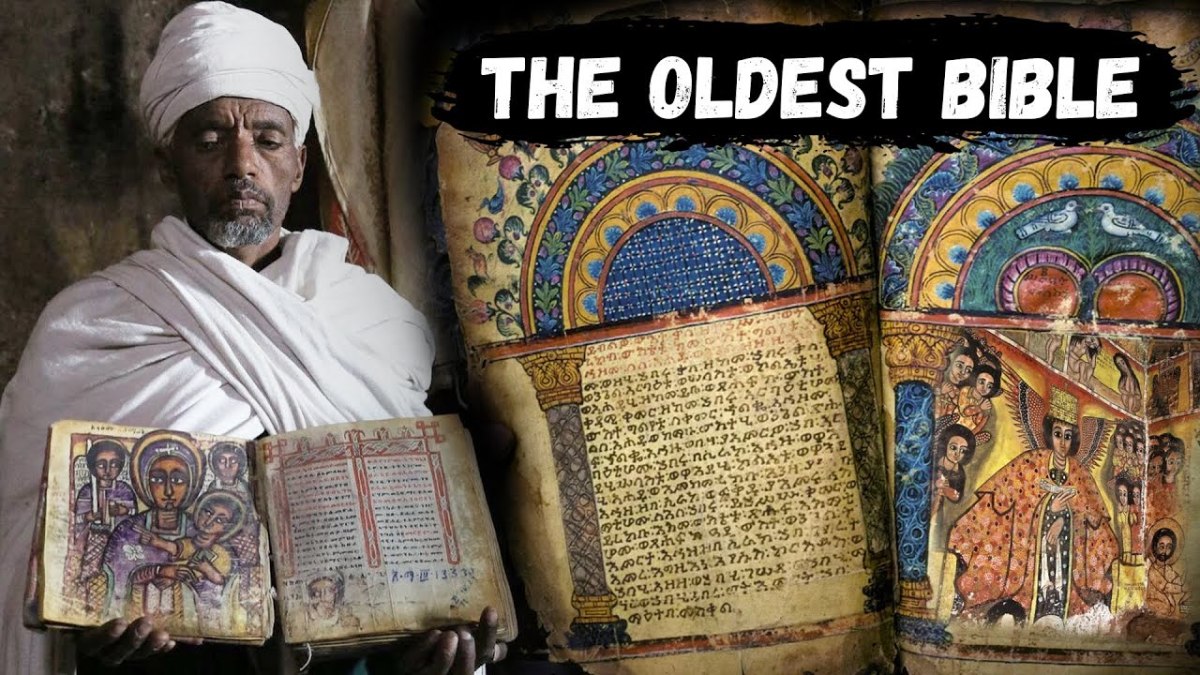'Sitting At The Feet of Rabbi Jesus'; A Christian's Guide to Understanding Their Hebrew Heritage

Christianity's Jewish Roots
A growing number of Christian scholars have begun to turn to the Jewish roots of Christianity to explore the customs and traditions that have once been thought of as no longer valid for today.
Through their research they have uncovered layer after layer of biblical history, yielding valuable insight into the truth of their meaning and how it impacts Christianity today.
As some of the promises embedded into the spring feasts have been fulfilled, the promises in the fall feasts have yet to be.
Greater clarity about the feasts as well as the Jewish life of Jesus have been coming into focus as the developing field of the Hebraic Roots of Christianity grow. This may well cause us to revise certain details or aspects of Christianity and its thinking as it learns further understanding through this emerging field of study.
Christianity's Distance Today from the Early Church
As Christian's read their bibles from a distance of many centuries as well as from an entirely different language and culture, they are often found scratching their heads in confusion or misinterpreting something as they attempt to apply understanding from their current perspectives.
It is important to retune our thinking so that we can better understand our Jewish Savior. As we begin to focus on the Jewish culture of Jesus, we are transformed in the way we have perceived what Jesus meant when He spoke and quoted from the Torah, Prophets and the Writings, our 'Old Testament' that we've deemed unimportant until now.
As we look more closely into the Jewish document of the Torah scriptures, our awe increases, leaving with more 'aha' moments than ever before.

Torah Study
Torah study in Jewish culture is as much a part of their life as regular schooling is to our culture.
Jesus would have, by the age of thirteen, learned to read and memorize the Torah and the Hebrew scripture writings. It would be only later that he would have learned his father's trade, as his father's apprentice.
Jesus' three favorite books and where He often quoted from were Deuteronomy, Isaiah, and the Psalms.
The highest form of worship in Jewish culture is not prayer, but rather study. Study, therefore, is where we learn to hear from God and where He speaks to us, whereby when we pray, we are doing the speaking.
As a typical Christian reads his or her bible, such a person may feel they fully understand the passage. However, without insight into the culture of the writer, the true and deeper meaning of the Scripture is locked away, remaining hidden from their eyes.
This is not to say that we don't obtain some understanding of the basic idea of a message, but we cannot gain full insight into it if we do not understand the mind and heart of the writer. How can we honestly say that we fully understand a message written in scripture, or say we have gained insight into its true meaning, if we have never understood the writer's background or culture?
The Mark of an Excellent Student
The mark of an excellent student in Jewish culture is his ability to argue the scriptures well, and how can one argue well if they lack thorough knowledge of the Torah?
At the age of twelve we read that Jesus was already teaching in the Synagogues. He was making sophisticated contributions at the highest level of conversation that was going on among the Rabbi's.
Hillel and Shammai, the two main Jewish schools of thought in Jesus' time, had many of the debates among them recorded in a book called the Mishnah. This book was compiled to preserve the discussions of great Jewish thinkers from between 200 B.C. and 200 A.D.
Later, during Jesus' ministry and at different points, Jesus was asked to comment on some of these rulings. At one point, when Jesus was asked to give His opinion and whose side he took on divorce, Jesus not only showed His wisdom by quoting directly from the Torah but He expounded on it, building on the ideas of these great thinkers and bringing them to a whole new level (see Matt. 19:4-11).
So, as Christians we must learn to apply the same Jewish thought and culture to every aspect of the words we follow in order to fully get their meaning.
Some may think, 'Yeah, but it's really just about a relationship with Jesus so what does all this other stuff matter?'. However, I would say back 'Exactly. If you desire to have a relationship with the Creator, the composer of scripture (God's Word), you must get to know and understand His Son intimately. After all, He is God's word made manifest!
Click on one of the book links in this article to get your copy of 'Sitting at the Feet of Rabbi Jesus: How the Jewishness of Jesus Can Transform Your Faith' - a must read for every Christian today!

Hebrew Heritage Link
- Hebrew for Christians
Understand the Hebraic mindset of the Bible. Gain powerful insights into your Christian faith! Do Hebrew Bible Study, an online course with exercises, Hebrew audio, and more!









